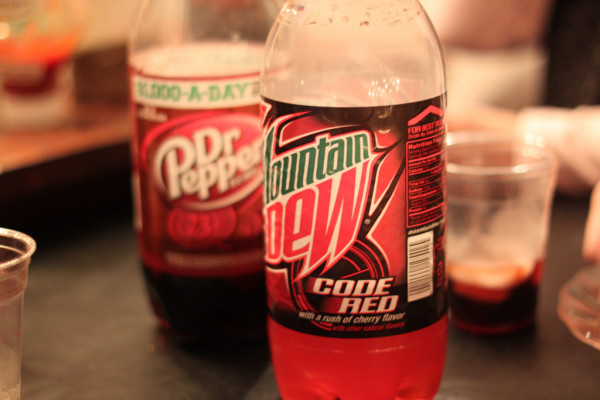The eccentric city of Berkeley has just passed the United States’ first tax on sugary drinks. In an effort to encourage healthier drinking habits, the new law places an additional 1 cent per ounce on sugary drinks. Beware Berkeley citizens, your sodas, energy drinks, and sweet teas are about to get a bit of a price hike. Meanwhile, diet drinks, milk, and alcohol are safe from any such tax for the time-being.
Instead of taxing the customer directly, the city decided to tax the distributors of these drinks instead. So, if I go to a grocery store in Berkeley to pick up a 2-liter bottle of soda for a rousing night of video games (or studying), the receipt will not show a soda tax, unlike the sales tax. Instead, the price of my bottle will have increased by some amount up to 67 cents. Mathematically speaking, 2-liters is about 67 ounces so, the store will have to pay the soda companies 67 cents more for each 2-liter that it buys. The store could keep prices as they were before the tax however, it is more likely the store will raise the prices and pass on some of the cost to me, the customer. Therefore, I would have to pay the higher price or trade my 2-liter bottle of sugar for a cheaper, hopefully healthier, alternative.
Image Source: Tom Merton
With obesity and diabetes on the rise, this is a good step towards encouraging healthier habits. Sodas are notoriously devoid of any nutritional value and are full of empty calories, however they are still popular drinks and widely consumed. Taxing unhealthy sugary drinks increases their price and discourages their purchase, a small but worthwhile approach towards a healthier nation. Given Berkeley’s trend-setting history (the city was the first to have smoke-free restaurants and is a leader in public school food policies among other impacts,) it might not be long before other cities follow suit and establish their own healthy legislation.
Featured Image Source: Shane Adams











Personally, I think this is a great public health strategy to not only decrease amount of processed sugar consumption but also to raise revenue for other useful things. I wonder when alcohol will start to be taxed like this?